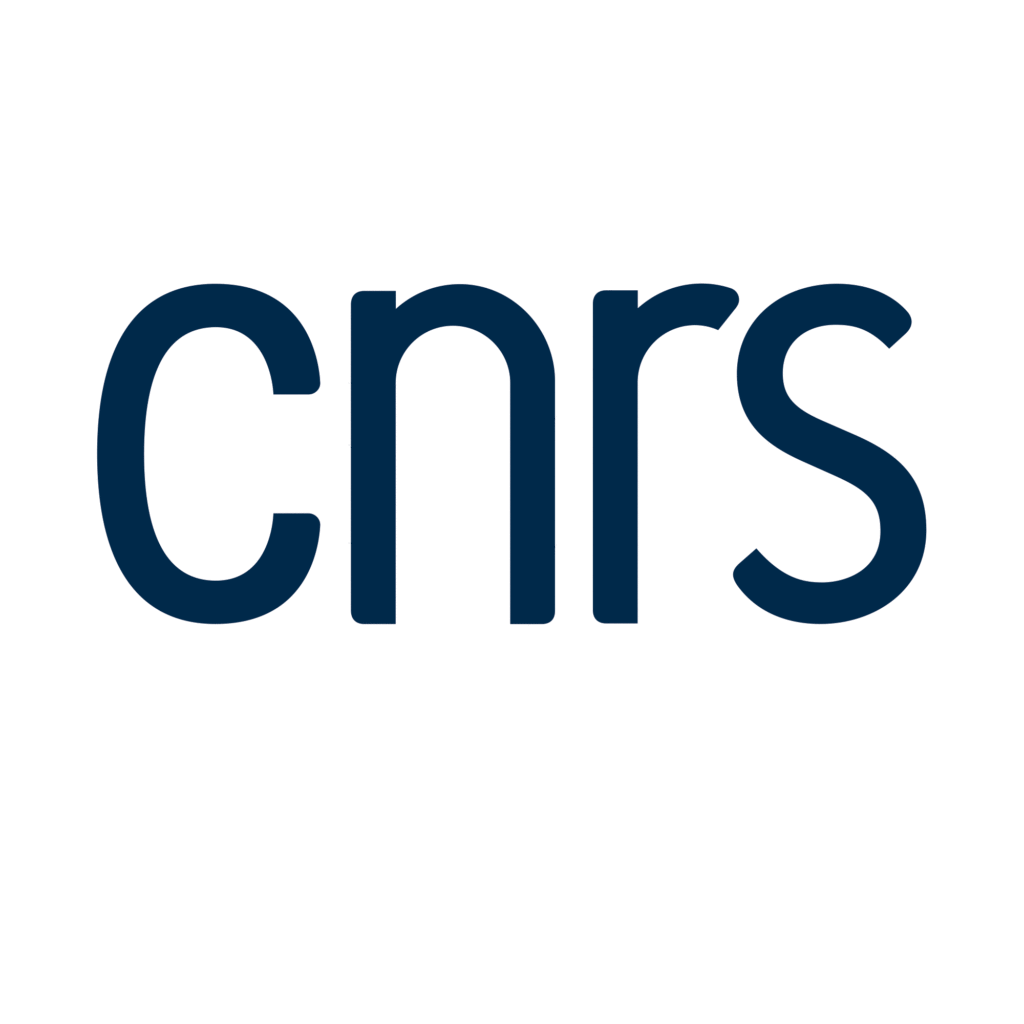
Guest
Our distinguished guest for this 8th science breakfast was Dr. Murray Lumpkin, Deputy Commissioner (International and Special Programs) for United States Food and Drug Administration (FDA). He presented a speech on Internationalization of the US FDA.
Talk Summary – Internationalization of the US FDA
The US FDA and its counterparts around the world have an enormous responsibility: to promote and protect the public health of their citizens. This is an ever more complex and challenging mission in a world where the products for which they are responsible are now global commodities. Dr. Lumpkin will discuss the new « internationalization » of the FDA and, especially, the legal and regulatory cooperation frameworks that been established (and accomplishments to date) between the US FDA and the European Commission, EMEA, EFSA, and many of the EU member state counterpart food and medicinal product regulatory authorities.
Biography
 Dr. Lumpkin is a medical doctor and is presently Deputy Commissioner (International and Special Programs) of the United States Food and Drug Administration (FDA). The FDA is a component of the U.S. Department of Health and Human Services.
Dr. Lumpkin is a medical doctor and is presently Deputy Commissioner (International and Special Programs) of the United States Food and Drug Administration (FDA). The FDA is a component of the U.S. Department of Health and Human Services.
In addition to the daily activities requested by the Commissioner, he is responsible for overseeing the Office of International Programs, the Office of Pediatric Therapeutics, the Office of Combination Products, and for coordinating the FDA responses to several national public health issues that cut across several of the programmatic centers. In addition, he is the final appeals officer for the US Food and Drug Administration on issues such as denials of user fee waivers and denials of pediatric exclusivity.
>From January 2001 until November 2002, during an interim period between Commissioners, he also served as the deputy to the acting commissioner.
He received his baccalaureate degree from Davidson College in 1975. His major was German with a concentration in German linguistics and included a junior year spent at the University of Marburg in Germany.
His medical doctorate degree was conferred by Wake Forest University in 1979. His medical school training included a rotation working at a refugee camp in Bangladesh.
His postgraduate medical education consisted of a three-year residency in pediatrics at the Mayo Clinic in Rochester, Minnesota and a two-year fellowship in pediatric infectious diseases also at the Mayo Clinic.
In 1984, he attended the London School of Hygiene and Tropical Medicine as a Fulbright Scholar and received an M.Sc. in Medical Parasitology from the University of London during that year.
His professional certifications include pediatrics (US) and tropical medicine (UK).
He was recruited to the FDA in 1989 as Director of the Division of Anti-Infective Drug Products (DAIDP) in the Center for Drug Evaluation and Research (CDER). He served in this position until 1994. This was one of then ten new drug divisions within CDER at that time. As Director of DAIDP, he was responsible for the medical and scientific decisions, as well as the management of a staff of approximately 70 individuals who included physicians, pharmacologists, chemists, microbiologists, and project managers. The Division is charged with the primary life-cycle oversight and approval responsibilities for drugs classified as antimicrobials (but not the drugs related to HIV and HIV-related diseases). The Division was also, at that time, responsible for the primary oversight, review, approval, and post-approval oversight responsibilities for dermatologic and ophthalmologic drug products.
For six and one-half years (1994-September, 2000), he served as Deputy Center Director for CDER. In this position, his main responsibilities included oversight and management of the then five Offices of Drug Evaluation and their then fifteen new drug review divisions, the Office of Biostatistics, the Office of Post-marketing Drug Risk Assessment, and the Advisory Committee Staff in CDER. There were approximately 900 staff working in these various components over which he had senior line management and senior scientific responsibilities. Under his direction, these components provided statutory oversight of the following three major phases of the life of prescription and over-the-counter pharmaceutical products in the United States: (1) the oversight and management of drugs during their development (testing) phases in humans; (2) the evaluation of the adequacy of the scientific efficacy and safety data (the clinical benefit:risk analysis) to support or deny authorization (« approval ») of the product for sale in the United States once the formal testing phase is completed; and (3) the evaluation of the continued clinical benefit:risk profile of the product once it is introduced into the American market and the management of new risks discovered post-marketing. In this position, he was primarily responsible for the creation and implementation of leadership and management initiatives to ensure that CDER met its product review performance goals established in conjunction with the Prescription Drug User Fee Act of 1992 (PDUFA), its reauthorization in 1997, and other CDER Office of Review Management provisions mandated in the Food and Drug Modernization Act of 1997 (including the provisions for creating economic incentives and for addressing clinical trial design and other scientific and ethical issues for pediatric research). Through the efforts of the FDA drug and biologic review teams, the reform of the new drug review process under PDUFA won the 1997 Ford Foundation / Harvard University “Innovations in American Government†award.
During this time, he also served in numerous capacities representing FDA on various international working groups and commissions. He was one of the initial members of FDA’s representatives to the International Conference on Harmonization (a position he maintained for 10 years); and he was FDA’s representative for 9 years to the World Health Organization’s CIOMS working groups on drug safety issues. He has represented FDA in numerous bilateral initiatives with various governments, including Australia, Brazil, Canada, China, the European Union, France, Germany, India, Ireland, Japan, Mexico, the Netherlands, New Zealand, Nigeria, Singapore, Sweden, Switzerland, the United Kingdom, and the World Health Organization. In 2000, he spent three months working at the European Medicines Agency (EMEA) in London on a special initiative that encouraged bilateral exchanges of senior level leaders from both regulatory organizations.
In 1991, he received the FDA Commendable Service Award; in 1992, the Public Health Service’s Special Recognition Award for Productivity; numerous Commissioner’s Special Citation Awards; and in 1996, the Presidential Senior Executive Meritorious Award.
Prior to his initial appointment at the FDA, his professional experience included a three year (1984 through 1987) appointment in pediatric infectious diseases at East Tennessee Children’s Hospital in Knoxville; and a two year appointment (1987 – 1989) as a Medical Director at Abbott Laboratories in Chicago where he was in a senior leadership position on the multi-disciplinary, global team responsible for the world-wide development of a new antimicrobial (clarithromycin).
Documents
No documents are available for this event.








